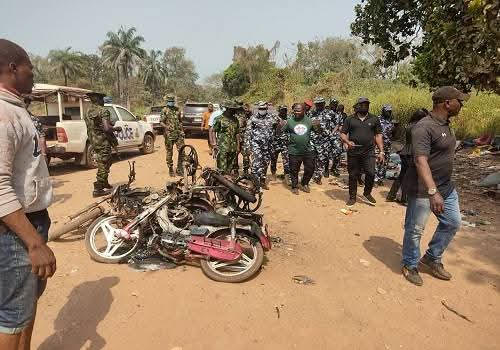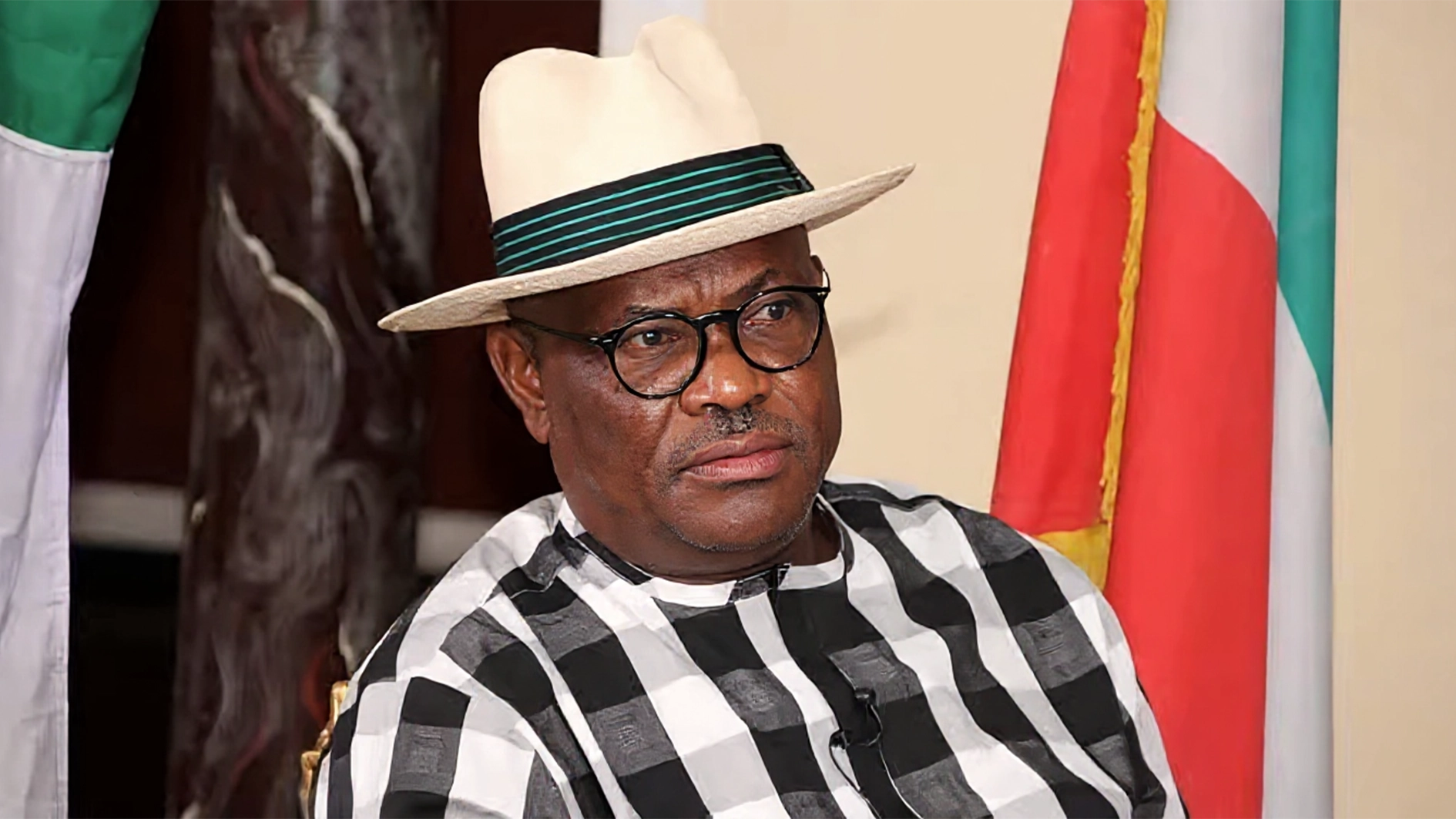• Govt commits to improved water access
Residents are lamenting the ongoing water crisis in Delta State despite the state’s location in Nigeria’s resource-rich Niger Delta. They are demanding the scrapping of the Water Resources Ministry due to its inefficiency.
The residents expressed their frustration following lack of access to clean water, as they rely on private boreholes, water vendors, or contaminated sources.
This situation, according to them, poses health risks and financial burdens on households, saying that government’s efforts to address the water crisis have been inadequate, with many projects failing due to poor maintenance, vandalism, and funding issues.
While the state has initiated various water supply projects, including urban water schemes in Asaba, Warri, and Ughelli, many of these systems either operate far below capacity or have broken down entirely.
Rural communities are especially affected, forcing women and children to travel long distances to fetch water daily, exposing them to physical strain and social risk.
Experts attribute the situation to governance issues, environmental degradation, and neglect of public infrastructure. Community leaders, including Matthew Ugochukwu, are calling for action, criticising the government for neglecting a basic necessity like water while allocating funds to an ineffective ministry.
They said that the Ministry of Water Resources should be disbanded and its resources allocated to more useful sectors. According to Ugochukwu, many communities in the state face severe water scarcity, with residents walking long distances to fetch water from unsafe sources like rivers and streams, which are often polluted with human and animal waste.
“Water is life. We need it to drink, bathe, cook, and wash. Yet, in Delta State, people provide water for themselves. Government has failed us. It costs about N2 million to sink a borehole now. The average person spends between N4,000 and N7,000 every month just to buy water, which may not even be clean,” he lamented. He added that the use of contaminated water from open sources had led to outbreak of waterborne diseases in several communities.
Meanwhile, despite the public outcry, the state’s Commissioner for Water Resources, Dr Isaac Wilkie, gave the assurance that the government is working on improving water access. He mentioned the ongoing water projects in various communities and promised to address the challenges faced by rural areas.
“The Delta State government, in partnership with the Federal Government, is working on major water projects in Ibusa and Ogwashi-Uku, which are expected to come on stream soon.
“We are working diligently to complete these projects. Contractors will soon be mobilised to site.
“There are more than 80 functioning water projects across the state. You can visit Isoko, Emede, Ekpe-Agbaro, and Ogbe-Ogume to see for yourself,” Wilkie said. He acknowledged the scale of the challenge but pledged that the government is making efforts, particularly in hard-to-reach rural communities where private boreholes are difficult to instal.
“In Asaba, we are rehabilitating the Okpanam and Ogbeogonogo market water schemes. These will soon be operational,” he added. However, residents remain sceptical due to past unfulfilled promises and lack of transparency. While the rainy season provides temporary relief for some residents, many continue to struggle with water scarcity.
Residents like Mr Smith Obododike and Mrs Mercy Okafor expressed frustration over government’s failure to provide adequate water supply. They questioned government’s accountability and moral responsibility in ensuring access to clean water for all citizens.
For Okafor, who struggles daily to afford basic needs, such as school fees, rent, and food, the additional burden of buying water is more than a financial inconvenience; it is an emotional and moral weight. “We are already stretched thin. Buying water in these hard times is killing us,” she said.
She expressed deep concern for low-income families who cannot afford private water sources or daily purchases from water vendors, saying: “It is not just about me; it is about all of us who can’t drill boreholes or buy water tanks. Where is the government in all of this?”
Okafor noted that in many parts of Asaba, Ughelli, Warri, and other rural communities, functional public water taps remain a rarity, if they exist at all.
In conclusion, the people of Delta State hope for a future where water is a fundamental right accessible to all, regardless of wealth or location.
They urged the government to prioritise water infrastructure and address the long-standing issues contributing to the ongoing water crisis.






